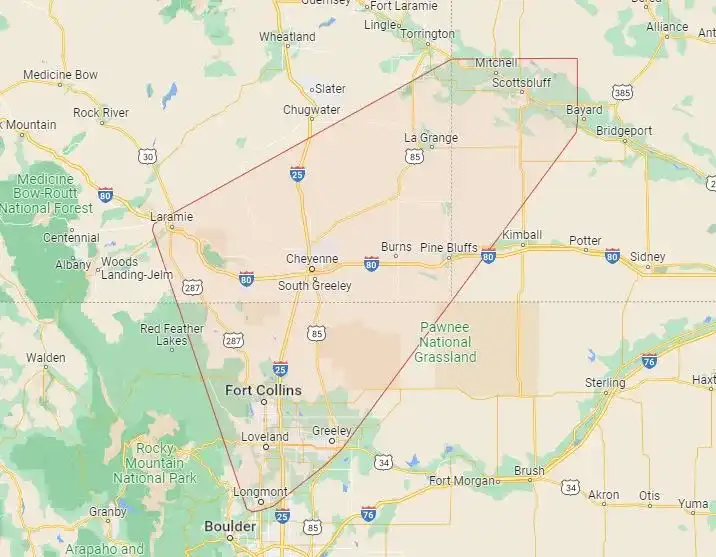A cholecystectomy (removal of the gallbladder) is a type of surgical procedure used to treat gallbladder diseases, including cancer. The surgical approach is an alternative to conservative treatment options like dietary changes that do not yield the desired results. General surgery for gallbladder removal may be necessary when there is pain that arises from the presence of gallstones, which disrupts the flow of bile.
Read More
A doctor may recommend it if the patient requires gallbladder cancer curative surgery, gallstones in the bladder or bile duct, inflammation, large polyps, and pancreatitis. This standard procedure is low risk, and in many cases, patients can go back home on the same day after surgery.
Gallbladder surgery uses laparoscopes attached to a video camera, inserted in an incision inside the abdomen. Surgical instruments are passed through these incisions to perform the surgery. Since there is a risk of gallbladder cancer spreading to the incision, tissue around the incision sites may also be removed.Other types of surgery include biliary bypass, endoscopic stent, and percutaneous transhepatic biliary drainage to treat patients with gallbladder cancer. The procedure is usually performed to address problems that are caused by gallstones and gallbladder cancer. In cases where the cancer cells cannot be removed, palliative surgery is used.
Many people do not experience any digestive problems after gallbladder cancer surgical treatment. The gallbladder is not an essential aspect of digestion. There may be loose stool occasionally after the procedure, but this usually goes away after some time.
Patients are encouraged to talk to their doctors about any new symptoms or unusual bowel movements after the procedure.


